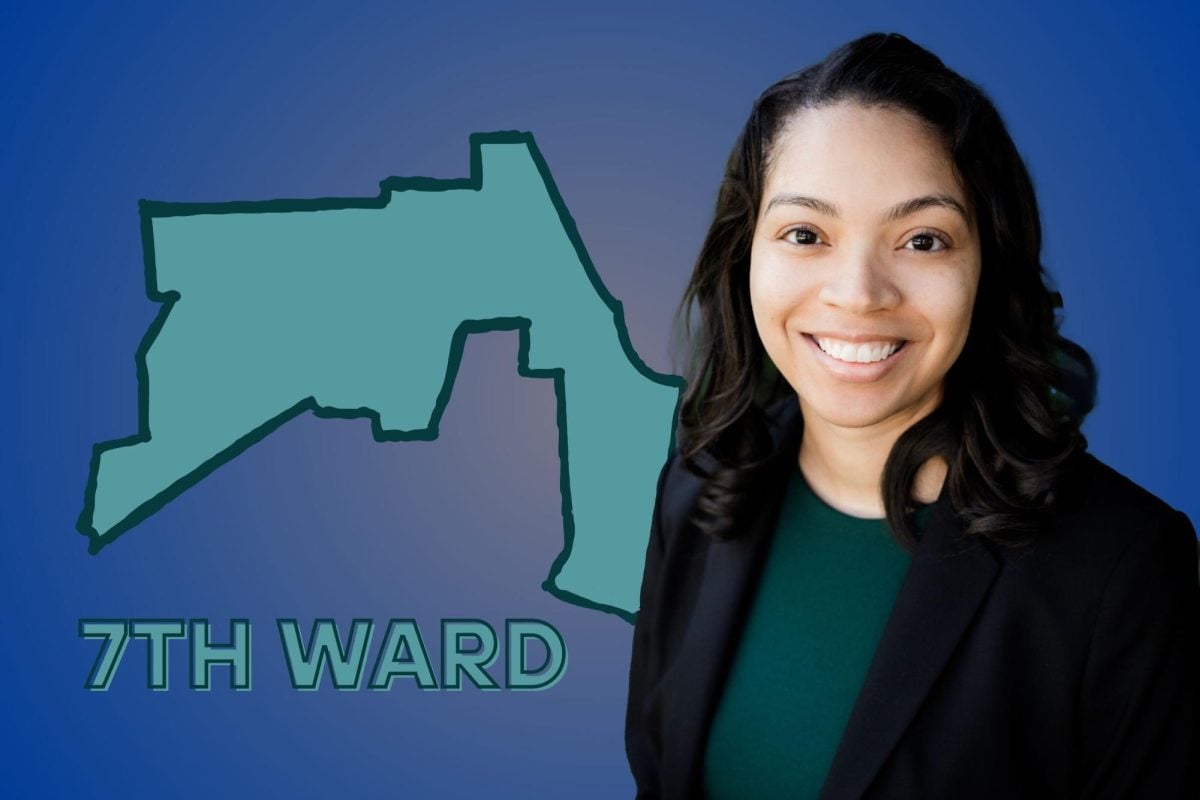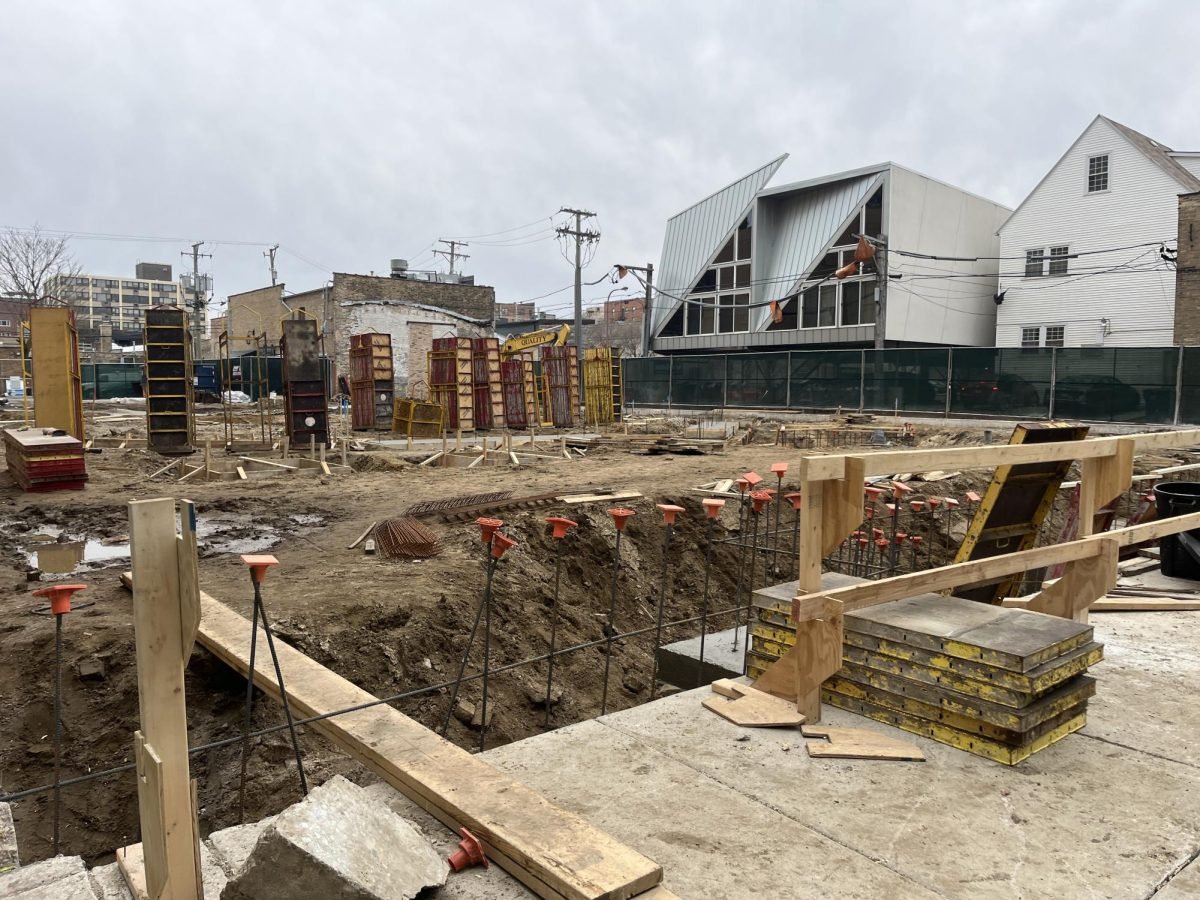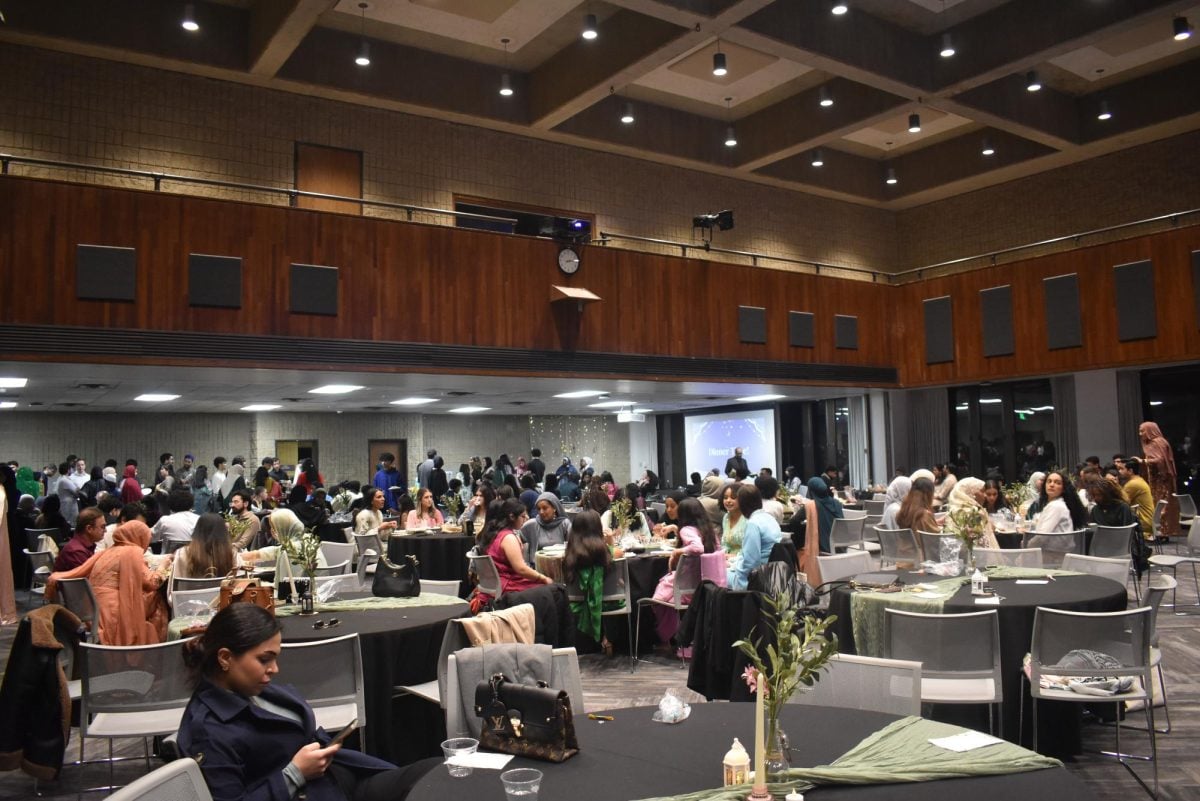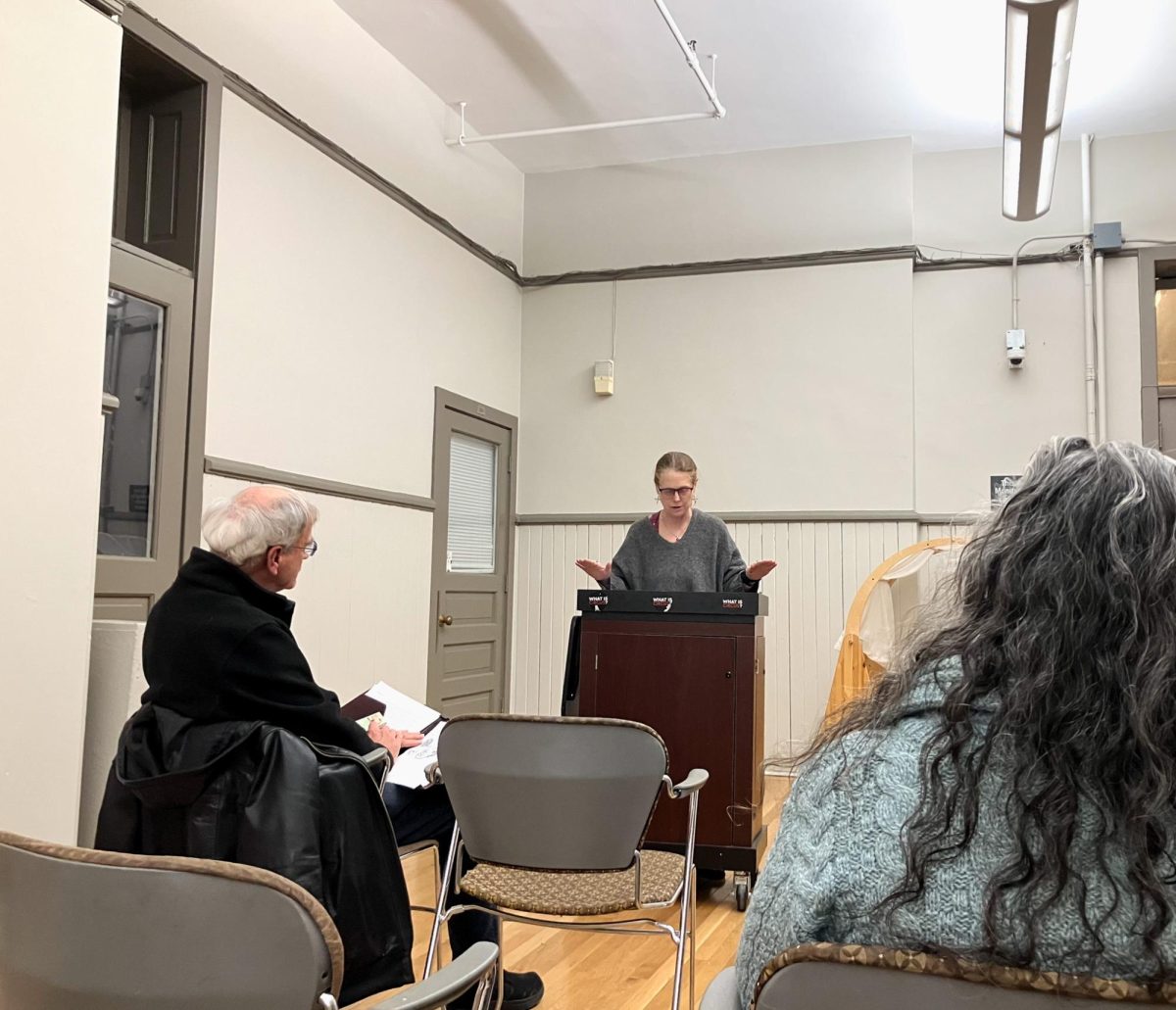After months of review by Evanston’s Just Cause task force, the city’s new proposed Just Cause Ordinance is ready to be reviewed by the Housing and Community Development Committee.
The Just Cause task force was created in August after councilmember Devon Reid (8th), the lead sponsor of the amendments, made a recommendation for a committee to be put together to review the ordinance.
Along with Reid, Managing Broker of Northshore Apartments and Condos Eric Paset, landlord Hugo Rodriguez, Director of Housing Law Practice at North Suburban Legal Aid Clinic Nareen Kim and tenant Helen Cho round out the task force.
“We had a really balanced group to go through this ordinance line by line to create something that will ensure that tenants are protected, but also ensure that housing providers continue to provide housing equitably in the city of Evanston,” Reid said.
If passed, the new ordinance will create specific guidelines for when and how an individual can be removed from their unit, including seven reasons for what is termed as a “just cause for eviction,” Reid said.
Currently, there are no guidelines for landlords and housing providers must follow to evict a tenant. The new provision outlines nonpayment, planned renovations, the sale of the building and material noncompliance as grounds for eviction or nonrenewal.
However, the ordinance has received backlash from local landlords who say this is an infringement on their property rights. For Paset, becoming a member of the task force was important to ensure the viewpoint of opposing landlords are represented. He said he hoped to generate another solution.
“I really think this is actually going to backfire,” Paset said. “There are some bad apples, I won’t argue with that, but I think that’s why the Evanston landlord tenant board already exists. Whatever needs to exist to protect residents from bad landlords already does.”
Paset believes that increased regulation will cause local landlords to sell their buildings to large out-of-state investors who are strictly focused on profits and don’t have a stake in caring for the local community.
He said properties in San Francisco and Portland, Oregon — where ordinances like this are already in place — no longer have local landlords, are often not maintained and have dramatically increasing rent prices.
“I think it’s good that we try to make sure that discrimination doesn’t happen and people are treated well,” Paset said. “As long as they’re paying rent and not destroying property, we always give our tenants the first opportunity to renew their lease and people are happy living in our properties. So I hope they scrap this and go back to the drawing board.”
After the ordinance is reviewed by the Housing and Development Committee, members will choose whether to recommend it to City Council.
In an earlier Housing and Community Development meeting this year, community member Loren Berlin addressed the opposition from landlords.
“The system works very well for people with enough. It just does,” Berlin said. “My guess is we all have housing, my guess is we’re not at risk of being evicted, and I just want to say that some of this is about thinking about people who are not in that position.”
Email: ellajeffries2025@u.northwestern.edu
Twitter: @ellajeffriess
Related Stories:
— Housing and Community Development Committee considers landlord-tenant ordinance updates
— Local leaders discuss new initiatives to promote equitable housing


















